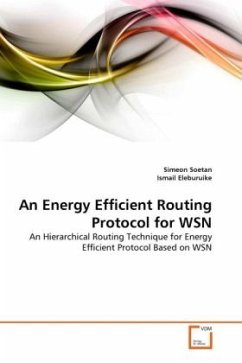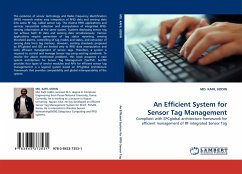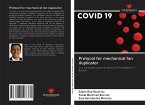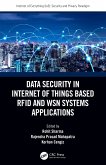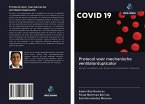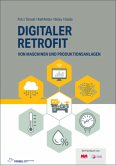The area of WSN is one of the emerging and fast growing fields in the scientific world. This has brought about developing low cost, low-power and multi-function sensor nodes. However, the major fact that sensor nodes run out of energy quickly has been an issue and many energy efficient routing protocols have been proposed to solve this problem and preserve the longetivity of the network. This is the reason why routing techniques in WSN focus mainly on the accomplishment of power conservation. Most of the recent publications have shown so many protocols mainly designed to minimize energy consumption in sensor networks. This work proposes a hierarchical routing technique which shows energy efficiency. Our technique selects cluster head with highest residual energy in each communication round of transmission and also takes into account, the shortest distance to the base station from the cluster heads. Simulation results show that hierarchical routing technique with different level of hierarchy prolongs the lifetime of the network compared to other clustering scheme and the energy residual mean value after some communication rounds of simulation increases significantly.

